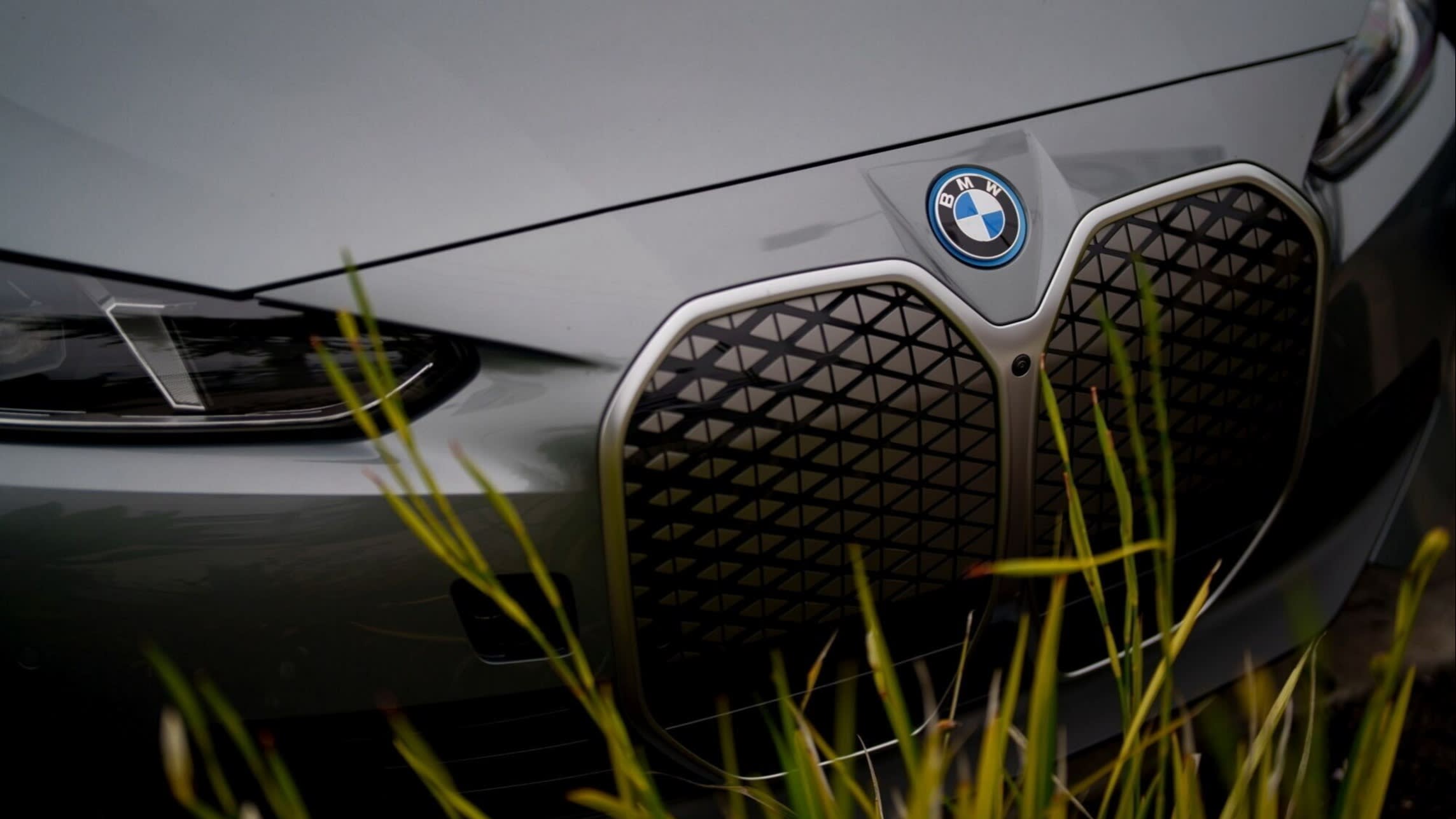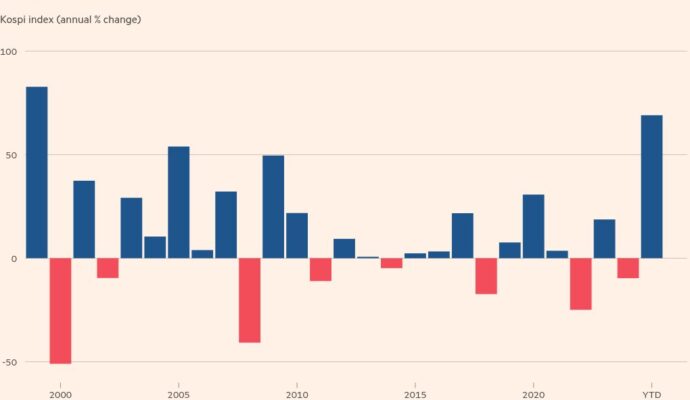
Unlock the Editor’s Digest for free
Roula Khalaf, Editor of the FT, selects her favourite stories in this weekly newsletter.
BMW’s chief executive has predicted that Donald Trump’s 25 per cent tariffs on imports of foreign cars will be “temporary” and lowered from July following the German group’s negotiations with the US administration.
Shares in BMW rose more than 4 per cent on Wednesday after the Munich-based carmaker reported stronger than expected quarterly earnings and maintained its full-year forecast that profits would broadly match last year’s.
Oliver Zipse, BMW’s chief executive, said he believed the company’s large production footprint in the US — it was the country’s top car exporter by value last year — would “have an effect” in negotiations with the Trump administration.
“There are a lot of negotiations behind the scenes. And that leads to the assumption that [the tariffs] are rather temporary,” he said. “We can see that our large footprint there will not be ignored.”
Zipse was among German automotive executives who on April 18 met Trump to discuss new US levies that have wreaked havoc on the industry. He is the first chief executive to predict that the 25 per cent tariffs will be reduced from July.
US and foreign carmakers have lobbied the US government to allow them to offset import tariffs if they are also exporting vehicles from the country.
Carmakers are especially vulnerable to Trump’s escalating trade war as well as the EU’s anti-subsidy duties on Chinese EVs, having long relied on global just-in-time supply chains to keep costs down and production efficient.
Last month, Trump offered some relief to auto groups in the form of small rebates to carmakers that produce their vehicles in the US, to offset the costs of his broader levies, as well as an exemption from the administration’s tariffs on steel and aluminium for imported parts. A 25 per cent tariff on imports of foreign-made cars still applies.
Companies have struggled to keep pace with the frequent changes, with companies including Stellantis and Mercedes-Benz pulling their earnings guidance last month as they warned it was impossible to predict the effects of tariffs on supply chains and consumer demand.
BMW’s chief financial officer Walter Mertl struck a more upbeat tone on Wednesday, saying that while the tariffs introduced in early March would have a “notable” impact on second-quarter results, the company expected its US business to grow.
But analyst at Citi on Wednesday cast doubt over BMW’s “optimistic sales growth expectation, especially in the light of continued China declines”.
The premium carmaker has weathered the turbulence better than its Stuttgart-based rival Mercedes-Benz, which last month said first-quarter earnings before interest and taxes fell 41 per cent to €2.3bn.
BMW said on Wednesday that its earnings before tax in the first quarter reached €3.1bn — down 25 per cent on the same period last year.
Adjusted for currency fluctuations, revenues fell 9 per cent to €33.8bn, which the company mainly attributed to an increasingly competitive Chinese market.
It added that the EU’s anti-subsidy tariff on Chinese electric vehicle imports had cut earnings by a “low three-digit million” euro amount, as the company now pays a 30 per cent duty on European sales of models such as the BMW iX3 SUV and the electric Mini Cooper, both produced in China.
Zipse said that in terms of current “market distortions” the “higher tariffs are not caused by the US, but by the EU”.


